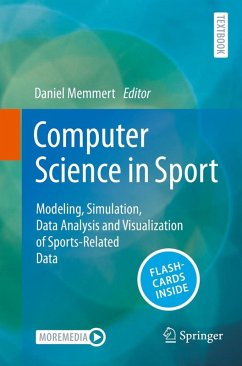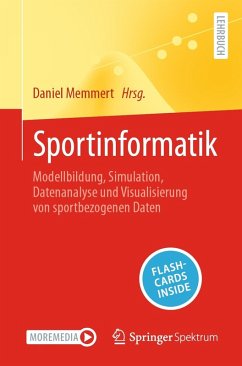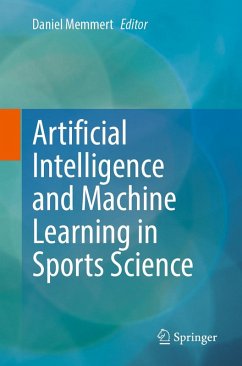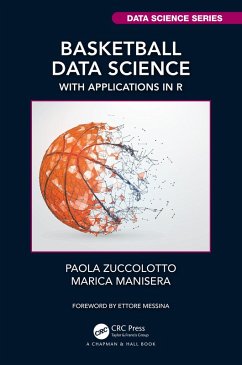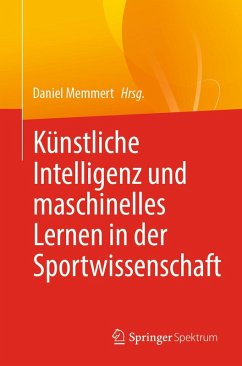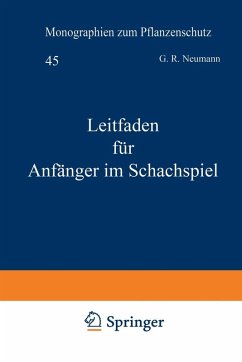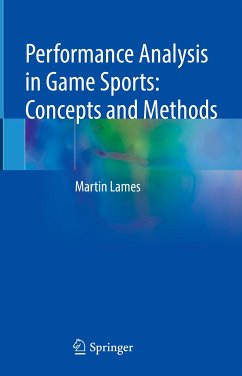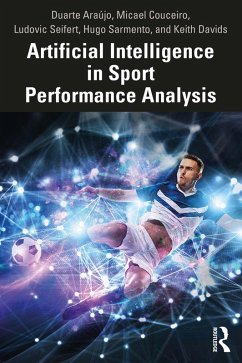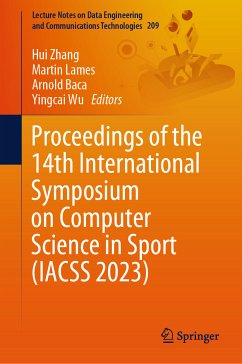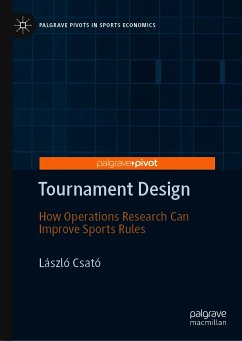
Field-based Tests for Soccer Players (eBook, PDF)
Methodological Concerns and Applications
Versandkostenfrei!
Sofort per Download lieferbar
44,95 €
inkl. MwSt.
Weitere Ausgaben:

PAYBACK Punkte
22 °P sammeln!
This book systematically summarizes the accuracy, precision, and repeatability levels of field-based tests applied in soccer. It considers such details as the effectiveness of tests for different age categories and sexes. In this book, the readers will be able to check all the field-based tests conceived for fitness assessment in soccer through a large systematic review made to the literature. In addition a brief characterization of each test and presentation of the concurrent validity and repeatability levels for each test will be provided. Finally, the book contains a general discussion of t...
This book systematically summarizes the accuracy, precision, and repeatability levels of field-based tests applied in soccer. It considers such details as the effectiveness of tests for different age categories and sexes. In this book, the readers will be able to check all the field-based tests conceived for fitness assessment in soccer through a large systematic review made to the literature. In addition a brief characterization of each test and presentation of the concurrent validity and repeatability levels for each test will be provided. Finally, the book contains a general discussion of the implications of the tests for different methodological approaches to training. It will be use to sports scientists and practitioners.
Dieser Download kann aus rechtlichen Gründen nur mit Rechnungsadresse in A, B, BG, CY, CZ, D, DK, EW, E, FIN, F, GR, HR, H, IRL, I, LT, L, LR, M, NL, PL, P, R, S, SLO, SK ausgeliefert werden.



